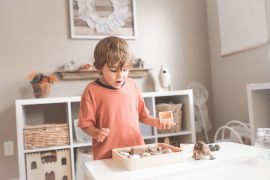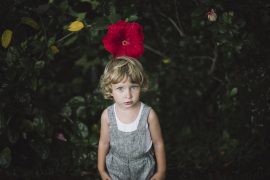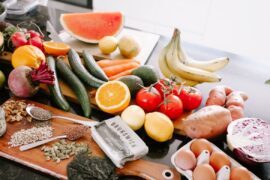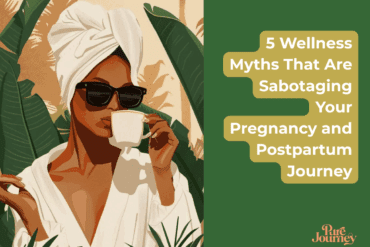The first step to recovery is for women to recognise they are not alone, and help is available.
Many towns have support groups for mothers who have postpartum depression. These can help the mother get the support she needs to see she’s not alone and to connect with others going through the same things
Homeopathy and PPD
How can Homeopathy help? Firstly, Homeopathy is safe for both mother and breastfeeding baby, with no adverse risk factors. The initial consultation (either in person or online), takes up to 90 minutes and covers all the symptoms the woman is experiencing – mental, emotional and physical, as well as covering previous medical history, food preferences, allergies, fears etc.
The comprehensive consultation is designed to get as much information as possible, to find the appropriate remedy to suit. Homeopathy works on the principle of like-cures-like.
Some key remedies used to treat postpartum depression include:
Sepia
For the woman who feels she hates her baby and partner, is in floods of tears and despairs of ever loving her baby. Sleeplessness is a major problem, which leads to fatigue and the vicious circle of sleep deprivation and feelings of inadequacy. She feels better in the evening, and better after vigorous movement (dancing, exercise).
Lycopodium
These women show symptoms of low self-esteem, weeping when sympathy is shown and feelings of hopelessness and despair. They may also have a fear of failure, particularly in relation to the stress of their new role as a mother and the change in their responsibilities. Often suited to women who have had irritable bowel issues in the past.
If you’re suffering from postpartum depression, remember you are not alone.
Ignatia
These women feel like they’re on an emotional roller-coaster. They can have marked mood swings and impulsiveness, and may also have had unrealistic or romanticised ideas about childbirth and motherhood. These women often have very high standards and feel they are failing, leading to depression.
Pulsatilla
Pulsatilla women will be softer in nature, more tearful, and cry when relating how they feel. Sympathy makes them feel better and they often say how crying helps. Pulsatilla mothers are generally more maternal in nature. They have mood swings too, but not as marked as Ignatia. They often love to be by an open window and feel better outdoors in the wind.
If you’re suffering from postpartum depression, remember you are not alone.
Help is available to you from many different sources including talking to a counsellor or therapist, conventional medicine, homeopathic remedies, and supplements. Meditation, walking nature, journalling and exercise can also help. Don’t be afraid to ask for help. It is there and available for you – just reach out.
Seeing the success of Homeopathy during her pregnancy journey inspired Kirsty Richards to become a Homeopath and in 2010, she graduated as DipHomNZ. She’s based on Waiheke Island and works with women throughout Aotearoa and worldwide via Zoom. You can find out more on her website www.wholebeinghealth.co.nz and connect with her on Facebook and Instagram.










